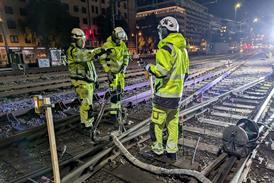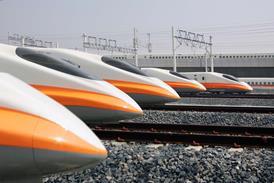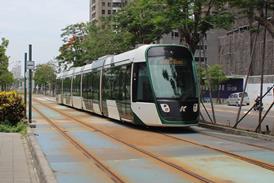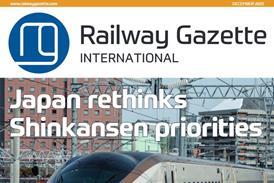Public transport continuity needed to ensure ‘the health crisis does not turn into a social one’

INTERNATIONAL: Ensuring the continuity of public transport services during the coronavirus pandemic is essential to ensure that ‘the health crisis does not turn into a social one’, according to the International Association of Public Transport, United Cities & Local Governments, the International Transport Workers’ Federation and the International Union of ...
You’ve reached your limit of content for the month




